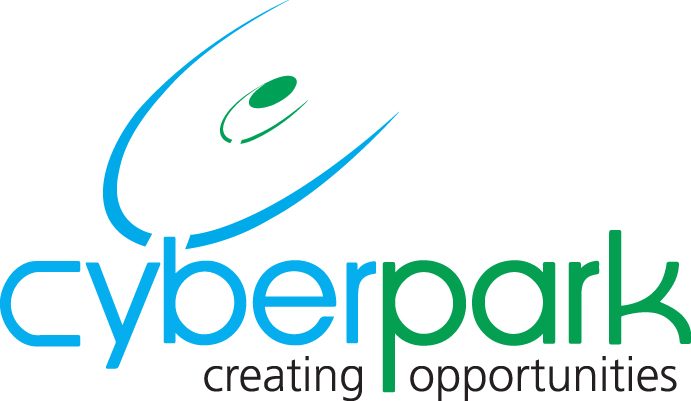Co-working Spaces: Matchmaking for Startups
Co-working spaces have evolved from the shared workspace concept to a new holistic level. Today, a co-working space is a place where people come together and integrate work with their personal lives, eventually building a sense of belonging to a community. In common parlance, co-working refers to the sharing of a working environment. Entrepreneurs, self-employed, or staff working for different companies may opt for co-working to optimise space and manage costs.
A large number of freelancers, small and medium-sized enterprises (SMEs), and start-ups are opting for the flexibility to use space and resources on demand. The millennials are not the ones who would be willing to sign long-term leases. Despite their loathing for established practices, they make good with a strong work ethic. This aspect, along with a growing entrepreneur community, has accelerated the rise in co-working spaces. Therefore, the new work environment is attuned to emphasise values such as flexibility, autonomy and choice. Co-working spaces are successful because they are reflective of the new demands of the new generation of workforce. In fact, even big corporations are sending their employees to co-working spaces. For instance, HSBC Bank (in Hong Kong) offers its employees the option to work from a co-working space. It has been observed that such “co-working” employees are happier and more productive with the new way to work. Isn’t it exciting to see how co-working is shaping the old models of working? Another aspect that spurs the co-working space lies in staffing problems. Talent retention is becoming a challenge for big companies. Unlike the earlier generation of workers, the new age worker likes to work in a physically and mentally motivating environment.
What brings people together in a co-working space?
Opportunities for collaboration and mentorship are the driving force that motivates people and companies to gravitate towards a co-working space. Not just business prospects, but also a great sense of belonging brings people together. There are no tangible reporting lines here, only communities. Discussions relating to food, friendship and business fill the air, giving the space the apt amount of gravitas for equitable working. Even big corporations such as Coca-Cola are creating such spaces on their campuses and are inviting other freelancers to come and work there! Companies are coming to terms with the fact that internal work processes may not be up to the mark when it comes to ideation, innovation and entrepreneurial spirit.
If community is the bedrock of a co-working space, then technology is the infrastructure that brings it all together. People are always on the Internet all the time through different devices, an aspect that is changing the way we treat workspaces. As co-working offices are creating a whole new ecosystem, it is giving way to another, more specialised micro-environment where “connected” professionals such as lawyers, counsellors, accountants and others are beginning to play a role.
Looking ahead, one can safely say that co-working spaces will no longer be limited to top-tier cities. In fact, there are more than 11,000 co-working spaces in the world right now—all in a matter of a few years. As many new entrants in this field are increasingly moving into second- and third-tier cities, co-working will usher in a new way of working as a much older workforce gets acclimatised to this concept.



 Space Enquiries
Space Enquiries
